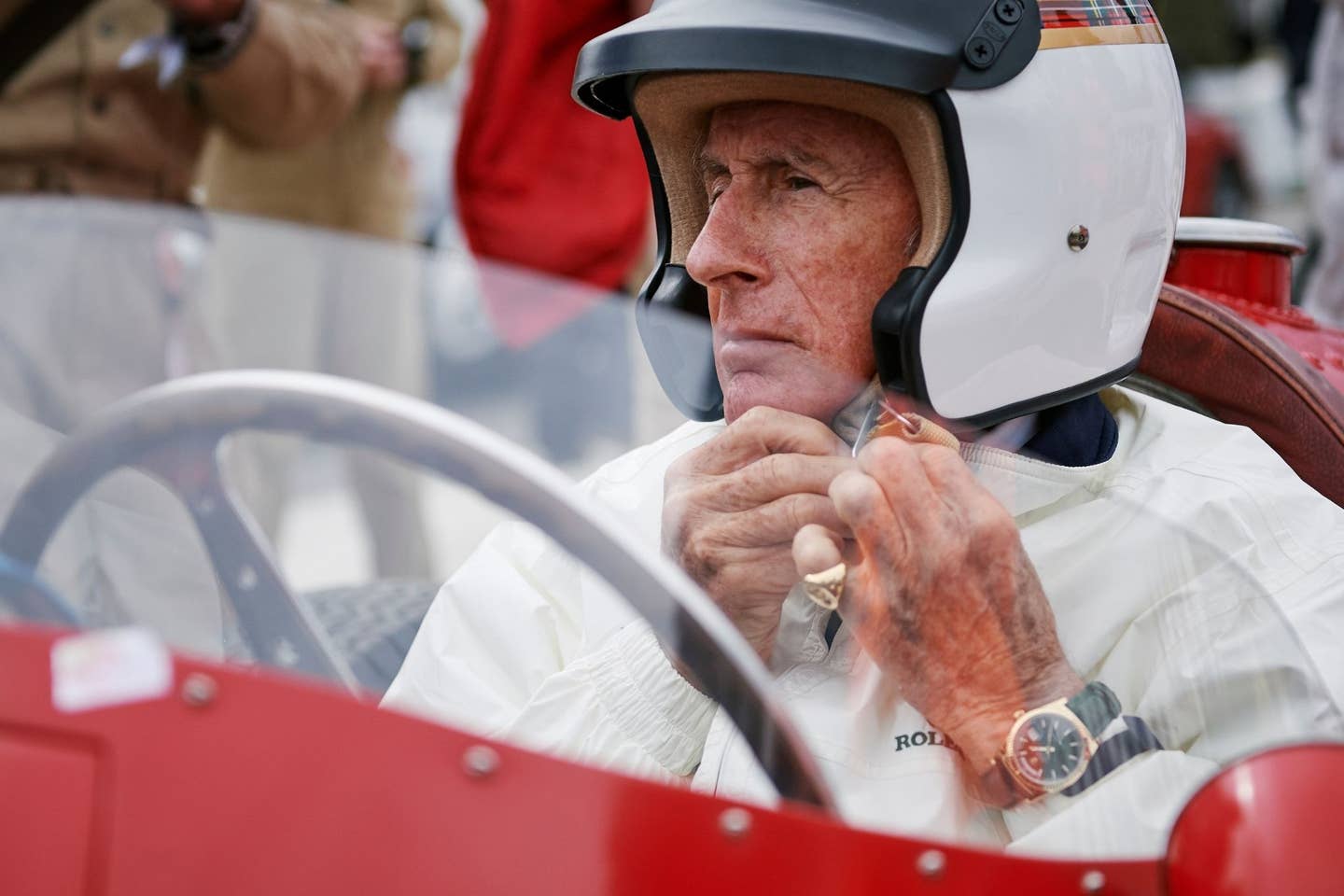
Part 1 – Historic Beginnings of Formula
Welcome to part one of a three-part series! In part one we dive into the history and beginnings of Formula 1! Stay tuned to get up to date before the Las Vegas Grand Prix this November.
Let’s start at the beginning:
The roots of Formula 1 can be traced back to the early 20th century and the development of motor racing. The first recognized Grand Prix race, known as the Grand Prix de l’Automobile Club de France, took place in 1906. However, it wasn’t until after World War II that Formula 1, as we know it today, began to take shape.
In 1946, the Fédération Internationale de l’Automobile (FIA) established a set of regulations known as Formula A to govern the post-war Grand Prix racing. These regulations aimed to standardize the technical specifications and create a fair playing field for teams and manufacturers.
The Birth of Formula 1:
In 1950, the FIA officially inaugurated the Formula 1 World Championship, the premier international motor racing series. The first official Formula 1 World Championship race took place at Silverstone, United Kingdom, on May 13th, 1950. The championship initially featured a limited number of races, with the title awarded to the driver who accumulated the most points over the season.
The point system will be explained in a later part.
The Early Dominance of Scuderia Ferrari:
During the early years of Formula 1, Scuderia Ferrari emerged as a dominant force. Led by legendary drivers such as Alberto Ascari and Juan Manuel Fangio, Ferrari clinched multiple championships in the 1950s. Fangio, in particular, became one of the most influential racers in the history of the sport, winning five Drivers’ Championships (1951, 1954-1957) and setting records that would stand for decades.
Influence of Jackie Stewart and the Era of Safety:
The 1960s and 1970s witnessed the emergence of notable racers and significant advancements in safety. One of the most influential drivers of this era was Jackie Stewart. Known for his exceptional driving skills and tireless advocacy for driver safety, Stewart played a crucial role in transforming safety standards in Formula 1.
His efforts led to significant changes in race circuit design, car construction, and driver protection. Stewart’s impact was immortalized in the 1966 movie “Grand Prix,” directed by John Frankenheimer, which provided a dramatic depiction of the sport and popularized Formula 1 among a wider audience.

Depiction of a Formula 1 race car in a wind tunnel.
The Advent of Aerodynamics and Ground Effects:
The 1970s also marked the introduction of groundbreaking technological advancements in Formula 1. Engineers started harnessing the power of aerodynamics to enhance the performance of race cars. This period saw the development of ground-effect cars, which utilized the concept of downforce to generate immense grip and cornering speeds.
One of the most influential cars of this era was the Lotus 79, designed by Colin Chapman and driven by Mario Andretti. The Lotus 79, with its innovative ground-effect aerodynamics, dominated the 1978 season, propelling Andretti to the Drivers’ Championship and establishing a new benchmark in car design.

Ayrton Senna and the Modern Era:
The 1980s and 1990s witnessed the rise of another legendary figure in Formula 1 – Ayrton Senna. The Brazilian driver, known for his exceptional talent, fierce competitiveness, and charismatic personality, captivated fans around the world. Senna won three Drivers’ Championships (1988, 1990, 1991) and became an icon of the sport.
Senna’s battles with rival drivers, particularly Alain Prost, are legendary and have been immortalized in the documentary film “Senna” (2010), directed by Asif Kapadia. The documentary not only highlights Senna’s brilliance on the track but also delves into the complex and intense world of Formula 1.

Schumacher’s Dominance and Global Popularity:
The turn of the millennium witnessed the reign of another influential racer, Michael Schumacher. The German driver, representing Scuderia Ferrari, dominated the sport, winning seven Drivers’ Championships (1994, 1995, 2000-2004). Schumacher’s incredible success, combined with his skill and tactical brilliance, propelled him to global stardom.
Schumacher’s impact on Formula 1 was significant, and his story inspired the 2019 documentary film “Schumacher,” directed by Hanns-Bruno Kammertöns, Vanessa Nöcker, and Michael Wech. The documentary provides an intimate look into Schumacher’s career, personal life, and the enduring legacy he left on the sport. The film can be viewed on Netflix.

The Global Expansion and Modern Era:
In recent years, Formula 1 has expanded its reach and popularity beyond its traditional European base. New races have been added to the calendar, including events in Asia, the Middle East, and the Americas. This expansion has introduced the sport to new markets and an ever-growing fan base.
Additionally, Formula 1 has embraced digital media platforms and innovative broadcasting methods to engage with fans worldwide. Social media, streaming services, and interactive experiences have brought the sport closer to its followers, allowing for enhanced fan interaction and access to behind-the-scenes content.
Concluding Part 1:
The history of Formula 1 is rich with captivating stories, technological advancements, and legendary racers who have left an indelible mark on the sport. From the early dominance of Scuderia Ferrari and the influence of drivers like Jackie Stewart, Ayrton Senna, and Michael Schumacher, to the global expansion and modern era, Formula 1 continues to captivate audiences worldwide. Through movies like “Grand Prix,” “Senna,” and “Schumacher,” the sport’s popularity has spread even further, introducing Formula 1 to new generations of fans. As the sport evolves, it remains a thrilling showcase of speed, skill, and relentless pursuit of victory.
Constantly check back in at Back Sports Page for part two and three of this series!
Related

Featured Articles
-
MMA
/ 20 hours agoUFC 300: Holloway Sends His Blessings
When Max Holloway decisively lost his third fight against Alexander Volkanovski, his championship aspirations...
By Brandon Li -


College Football
/ 1 day agoNFL Draft 2024 Scouting Report: Adisa Isaac, Edge, Penn State – Baltimore Ravens
Drafted by: Baltimore Ravens Height: 6’4” Weight: 247 Arm Length: 33 ⅞ ...
-


College Football
/ 1 day agoNFL Draft 2024 Scouting Report: Brandon Dorlus, DL, Oregon – Atlanta Falcons
Drafted by: Atlanta Falcons Height: 6’3” Weight: 283 Arm Length: 33 ¼ ...
-


College Football
/ 1 day agoNFL Draft 2024 Scouting Report: Brennan Jackson, Edge, Washington State – LA Rams
Drafted by: LA Rams Height: 6’4” Weight: 264 Arm Length: 32 ¾ ...







